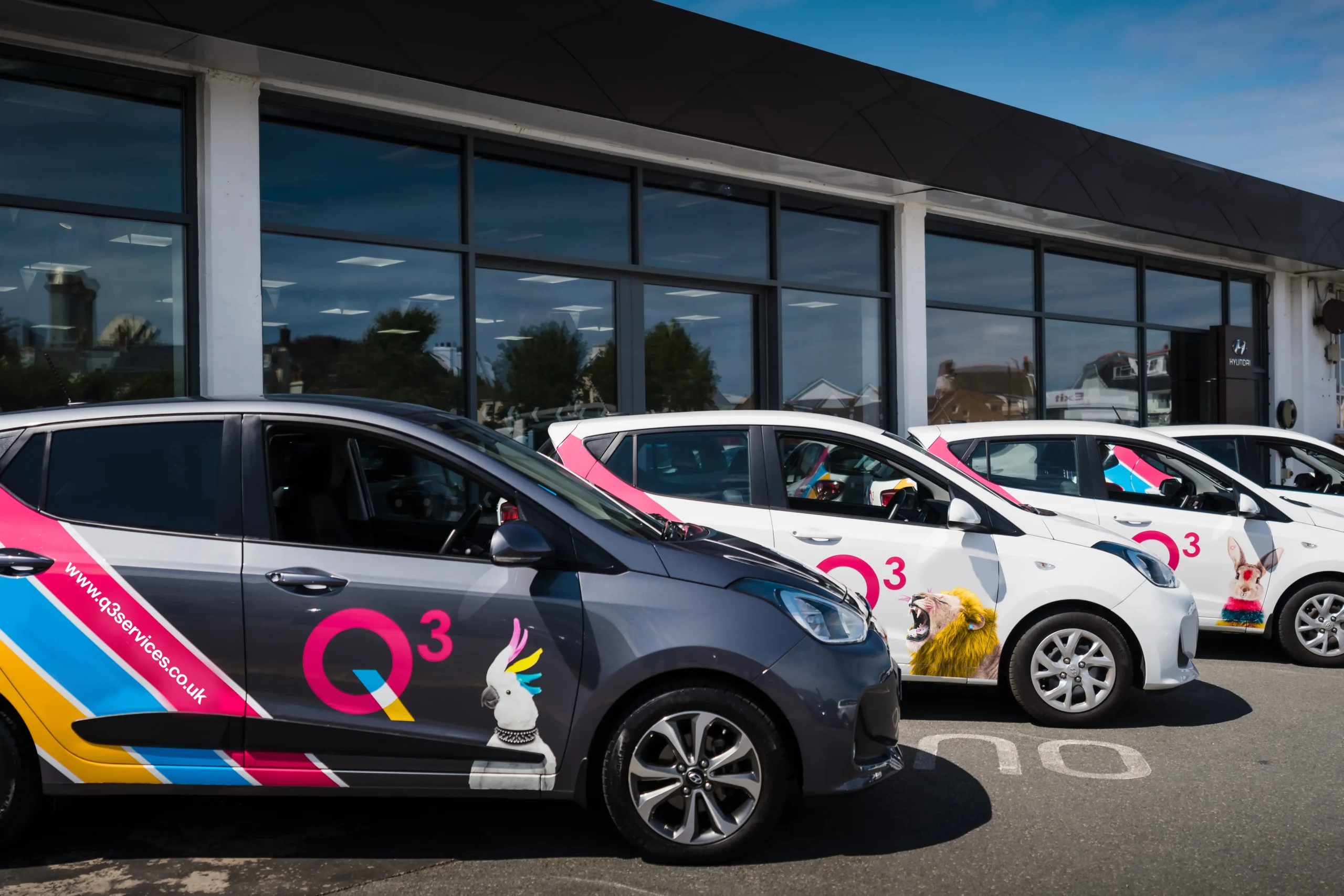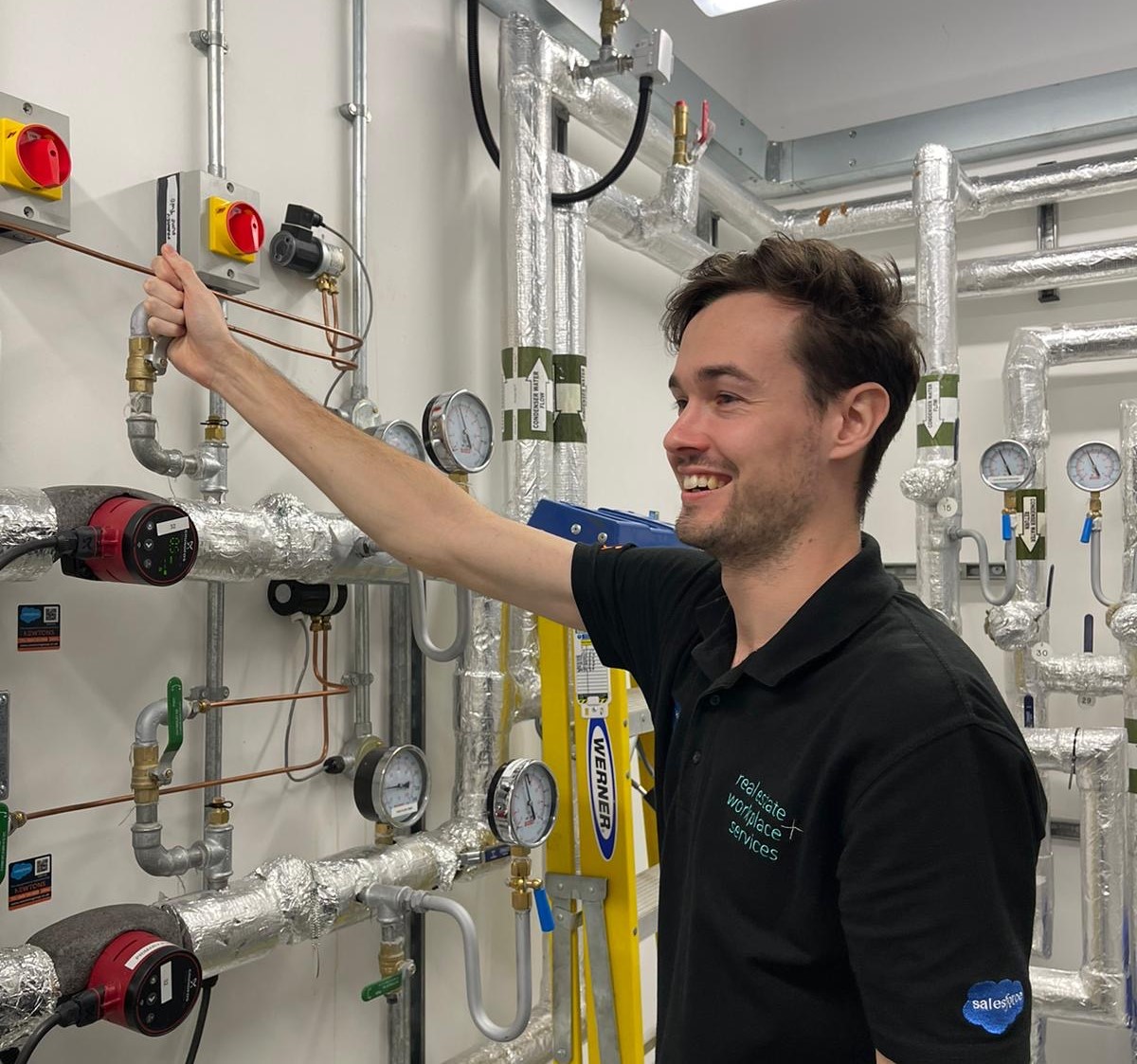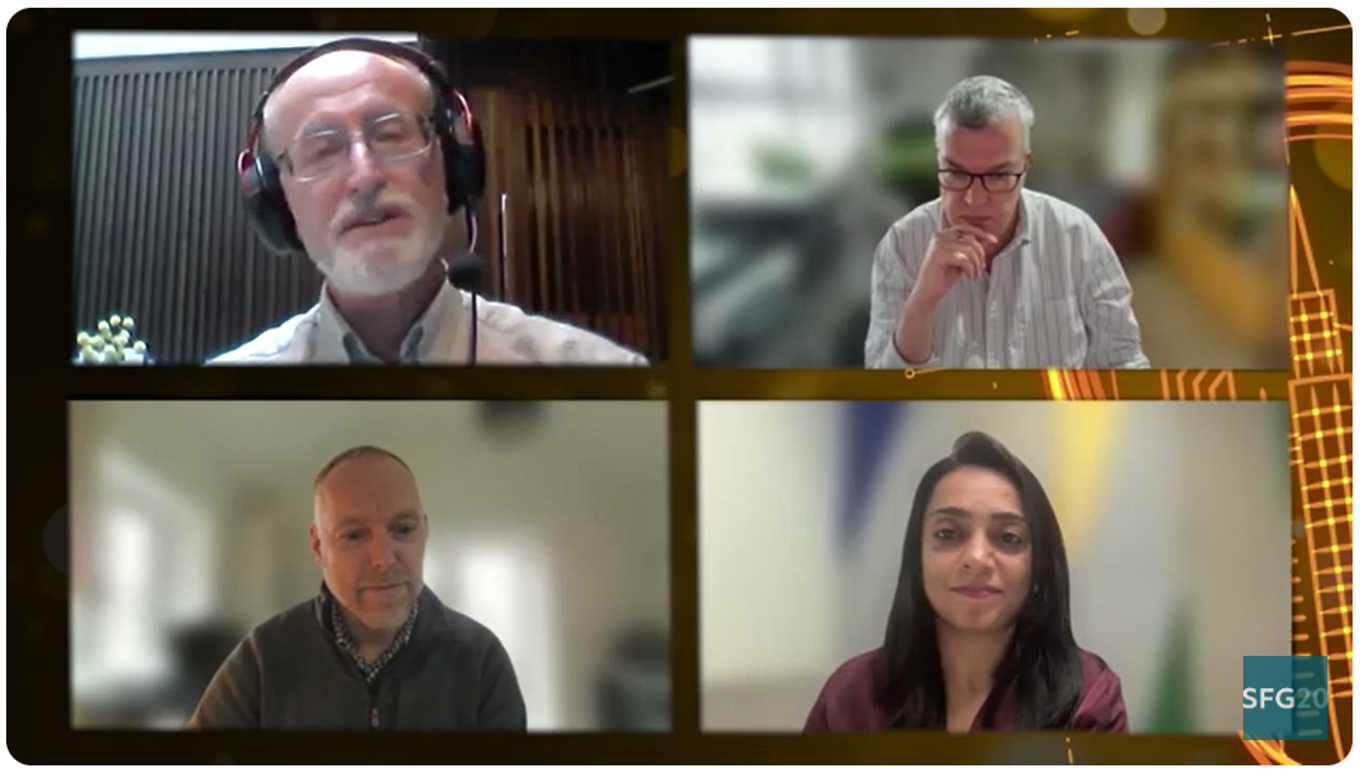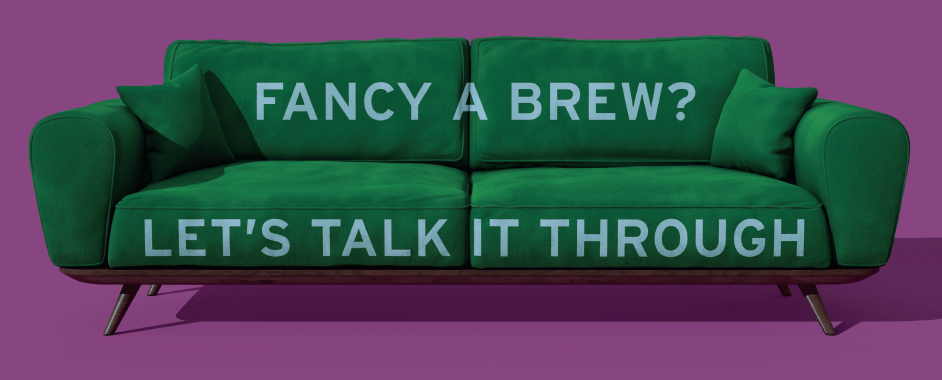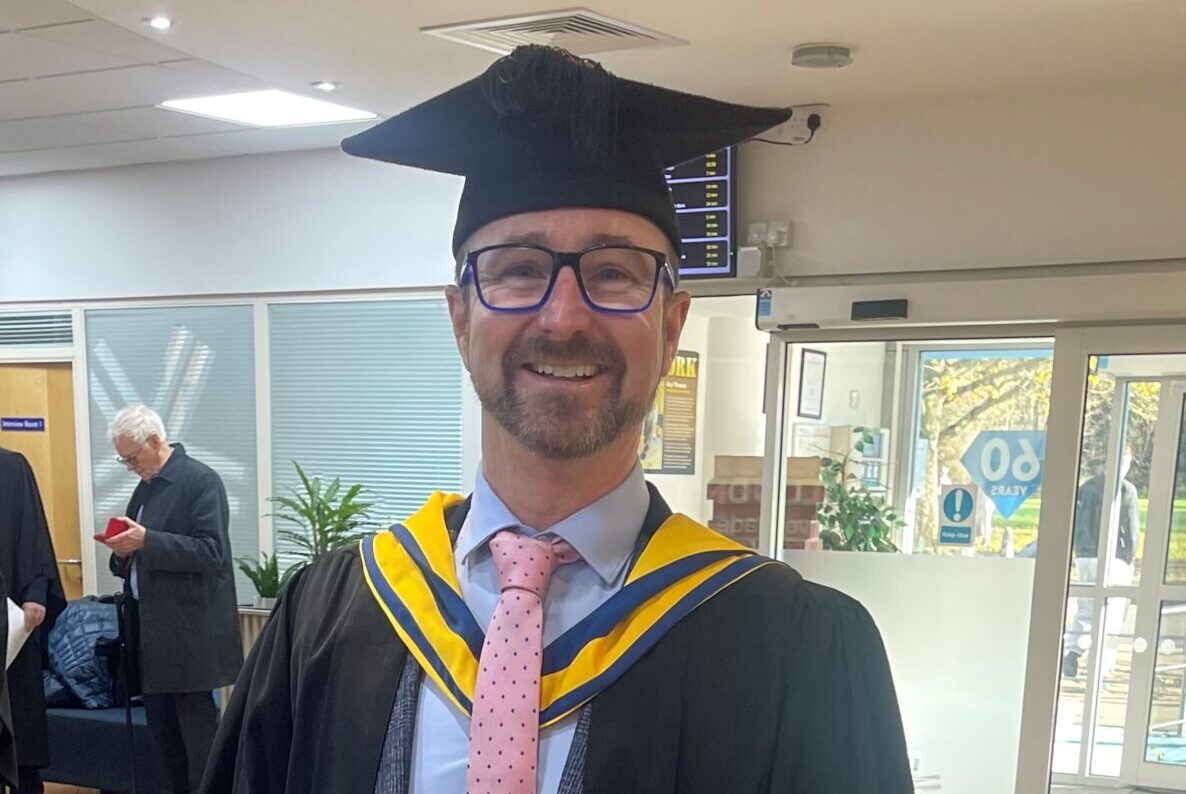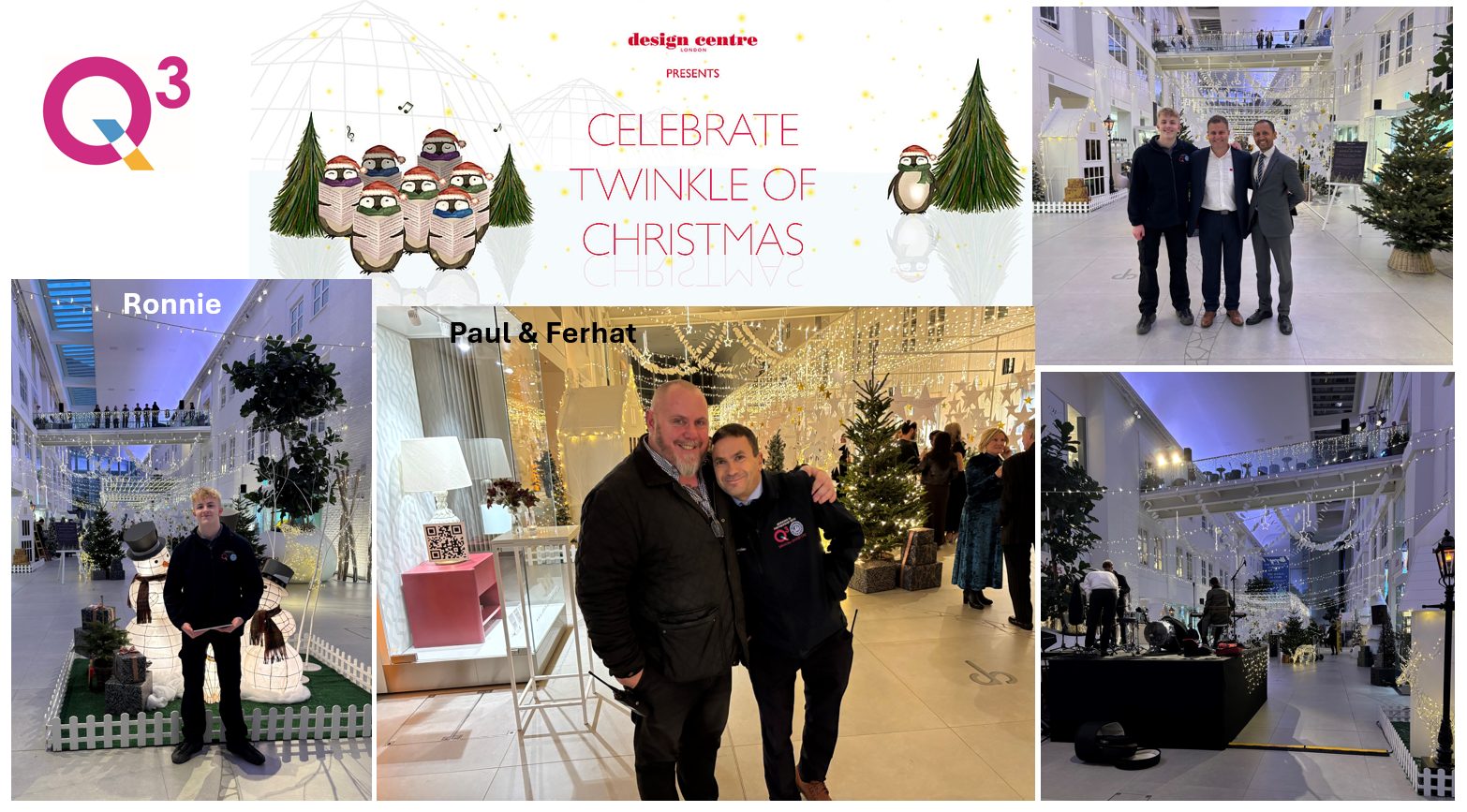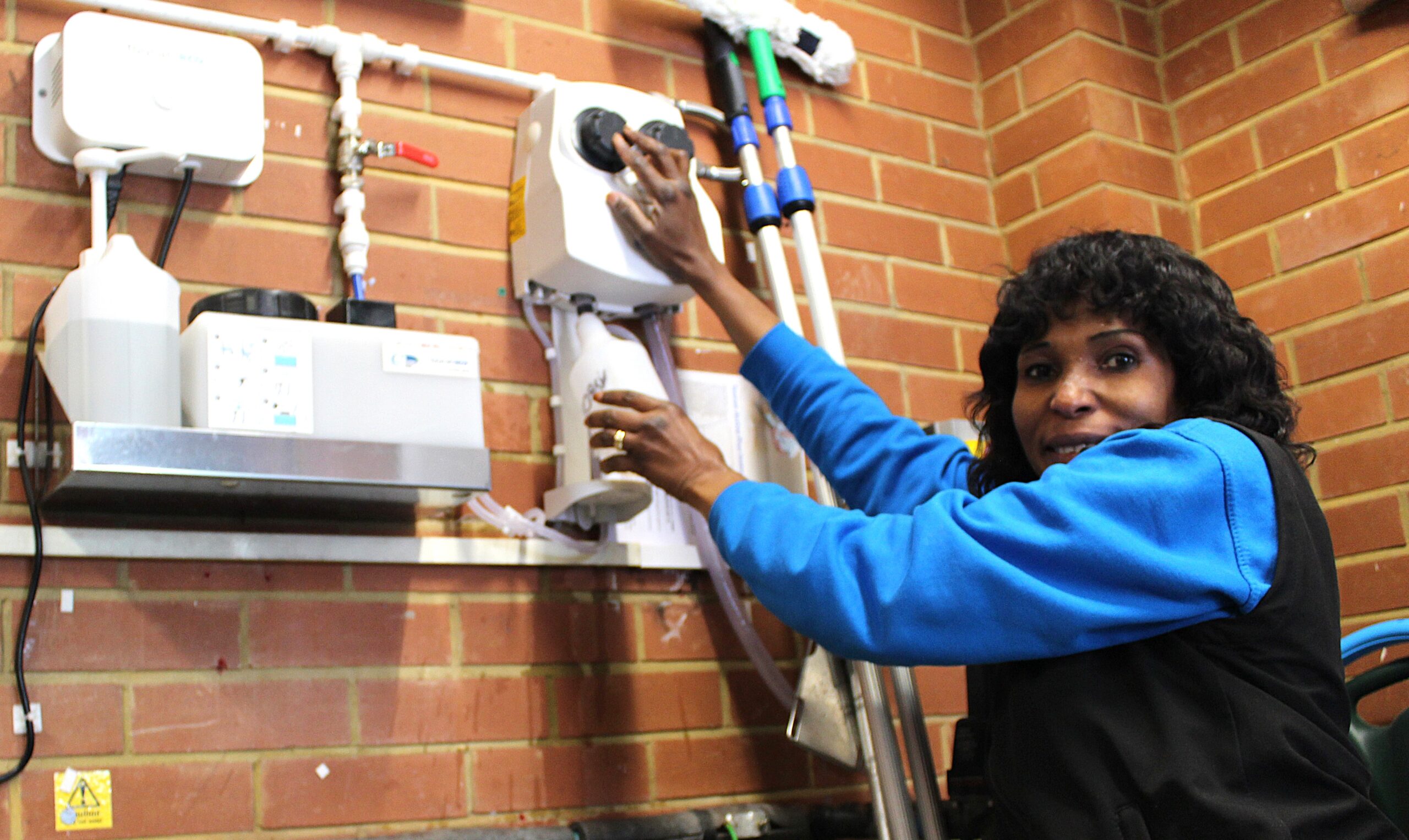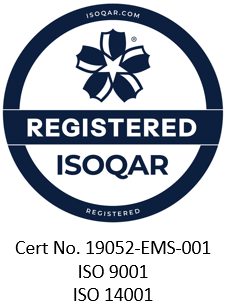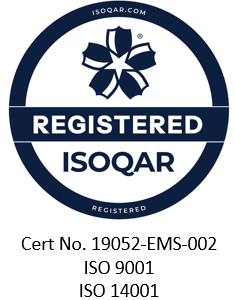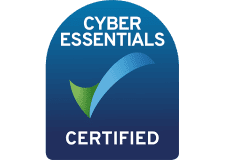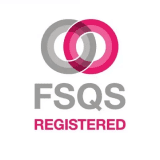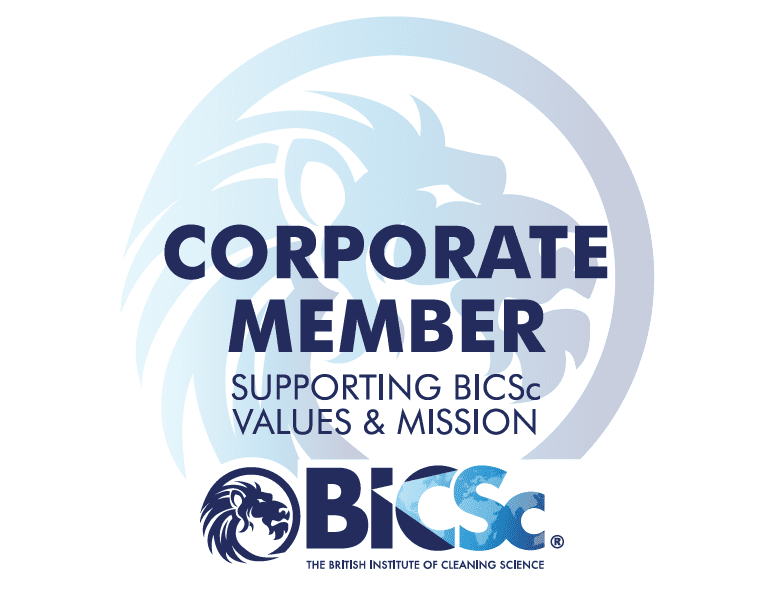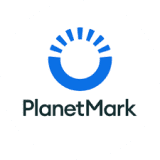News
4 Min Read
30 October 2020
How cleaning is changing as a result of Covid19

In the last five years, the FM sector had already come to realise that its purpose is not simply to maintain the bricks and mortar of the workplace (facilities management), but more importantly to care for the people who occupy those spaces. This philosophy was reflected in the name change of our professional body from BIFM to IWFM and now more than ever, that duty of care could not be more important. Covid19 has seen to that!
Covid19 has had an obvious, massive impact on the workplace, the workforce and the way that service organisations operate to look after both. Yet, even recently there have been articles painting a picture of cleaners as the invisible army which magically appears in the dark hours to prepare and restore the office for another day’s work. This is a whimsical and outdated view. Things have changed and cleaners in particular are now as important and visible a part of the service set up as the receptionist, the chef, the engineer and the FM manager.
For those bold individuals who are venturing back into office, the sight of the omnipresent cleaner wiping down work surfaces and door handles and frequently cleaning washrooms and common areas, provides a welcoming reassurance that everything is being managed safely. But is it? The cleaner may be highly visible but what are they doing to stem the invisible threat? Surface wiping with cloths and chemicals is just as likely to be creating a cross-infection problem as removing the problem of Coronavirus transmission on contaminated services.
The pandemic has prompted a surge in specialist, disinfection (fogging) and deep clean services from cleaning companies, designed to remove the presence of Covid19 and convince building owners that they are doing their best by their people. Aside, the reality is that many cleaning companies are seizing the opportunity for a new and lucrative revenue stream. Many of these solutions are expensive and accompanied by spurious claims about the effectiveness and longevity of the treatment. Claims of 30 and 90-day protection against Covid19 simply cannot be scientifically substantiated. Similarly, a product claiming to remove 99.8% of bacteria is statistically falling a long way short of one that removes 100%, because of the rate that bacteria proliferates.
Ironically, when the focus has switched to cleaning as a highly visible activity, it’s perhaps the invisible that should now be getting our focus. Previously you could see when an area had been cleaned. But now, how does a client know that an area is really safe for staff, even after a deep clean? The answer is that they don’t. Q3 has taken the view that using evidence-based cleaning regimes is the only way forward on this issue.
Our approach in the UK utilises a product called DUOMAX deployed daily, which not only cleans but also, according to the manufacturer, kills ALL bacteria. The product destroys viruses including Coronavirus (the family of virus that contains Covid19), to the same level as bleach, but in an environmentally friendly way. DUOMAX has been tested and accredited to the highest level, including a year-long trial in the NHS and has been found to be completely non-hazardous to both people and surfaces.
The chemicals are not noxious, so do not require rigorous COSHH assessments or control measures, negating the wearing of full-body PPE and respirators as one would with some other products. With DUOMAX, it is therefore not necessary for the room to be vacated and isolated for an hour or so after application and avoids out-of-hours working.
The period for which the treatment will be effective will be determined by the number of occupants and level of footfall, but it doesn’t matter how long the product will last because essentially, retreatment is quick, inexpensive and non-intrusive. The important thing is to know when to intervene and how frequently to repeat the cleaning process.
To achieve this, our cleaning teams are deploying ATP (Adenosine Triphosphate) monitoring to provide evidence of the presence of bacteria in a test that can be completed in 30 seconds. Typically, in an office we would be looking to record less than 100 RLU (Relative Light Units) and in a food preparation area, <30RUL. Complementing the ATP test, it is now possible to detect SARS Cov-2 on surfaces using a Cov-Hygien Xpress Detection Kit. The process is simple and takes minutes to get results avoiding the normal three-day process of sending swabs to a laboratory. In comprehensive trials using our new chemicals and testing regimes, we have been achieving 0 ATP in office, kitchen and washroom environments.
Based on the data from our results, we can adjust cleaning programmes to maintain a Covid19 safe environment. It’s an approach we believe clients will find appealing, because it’s neither intrusive or costly and everything is underpinned by measurable data. The Covid19 virus may be invisible and deadly, but it can be monitored and managed in the workplace using technology and modern techniques, to ensure a safe environment for all.
For more details click here to contact Alex Gavrilovic
 Channel Islands
Channel Islands


